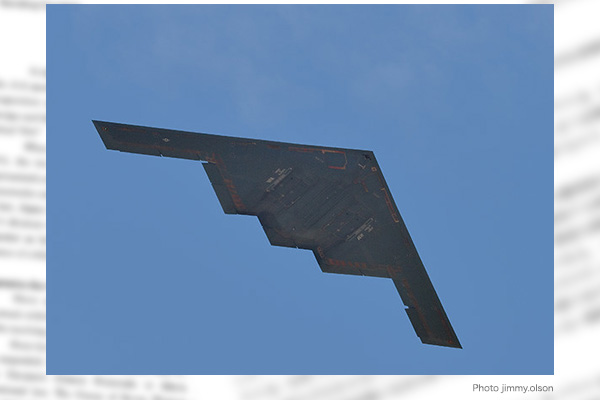In the early hours of June 22 (Iranian time), the U.S. military forces attacked Iranian nuclear facilities at three locations. Although the extent of the damage is not clear as of now, U.S. President Donald Trump claimed in his address to the nation that the facilities had been “completely and totally obliterated.”
The U.S. attacks on the nuclear facilities in Fordow, Natanz and Isfahan represented an extension of Israeli military campaign, which began on June 13, to strike Iran’s nuclear facilities. Israel began attacking Iranian mainland in April last year. Its airstrikes in October destroyed much of Iran’s air defense network. Since June 13, many nuclear facilities scattered across Iran have been damaged by Israeli airstrikes. There were reports that a core uranium enrichment facility in Natanz was contaminated with radiation and chemicals in the attacks. Because the other core uranium enrichment facility in Fordow is located about 80 meters underground, destroying it required the use of the GBU-57 Bunker Buster, a ground-penetrating bomb possessed only by the U.S. military. Israel therefore strongly urged Washington to carry out the strike.
The attack on the Fordow underground facility was the make-or-break point of the entire operation. Upon receiving the Israeli request, President Trump approved the U.S. military’s plan to attack Fordow, but held off on executing it, saying he would decide “within two weeks” whether to proceed.
Israelis aiming at regime change in Iran
Israel’s operational objective includes not only the prevention of Iran’s nuclear program but also regime change in Iran, as indicated by the targeted killings of key figures in the Iranian regime, such as the chief of staff of the Iranian armed forces and the commander of the Revolutionary Guards. The United States, by contrast, had continued nuclear negotiations with Iran and opposed Israel’s attacks. The U.S. aims to prevent Iran’s nuclear program, having no intention of achieving regime change. In his speech, President Trump said, “Our objective was the destruction of Iran’s nuclear enrichment capacity and a stop to the nuclear threat posed by the world’s number one state sponsor of terror.”
Israel has a once-in-a-lifetime chance to achieve regime change in Iran. Russia is too busy with its war in Ukraine to provide military support to Iran. The Iranian-backed Assad regime in Syria has fallen, while Iran-supported terrorist organizations in the Middle East such as Hamas, Hezbollah, and Houthi have been weakened by Israeli attacks. Israel has secured air supremacy over Iran. It is natural for Israel to see an opportunity to fundamentally eliminate the Iranian threat.
Don’t repeat mistakes of failed denuclearization of North Korea
The latest U.S. military attacks on Iran could have repercussions in East Asia. If a full-scale war between the U.S. and Iran were to break out, U.S. military forces in East Asia could be stretched thin, creating a “power vacuum.” Chinese President Xi Jinping might misinterpret this as a strategic opportunity. If Iran were to commit a terrorist act of laying mines in the Persian Gulf, it would have an enormous impact on Japan that depends on the Middle East for more than 90% of its crude oil imports. Japan needs to prepare for the worst-case scenario.
The possession of nuclear weapons by terrorist-sponsoring Iran cannot be tolerated not only by Israel but also by the international community. The U.S., which has taken a step forward this time, should do everything possible to prevent Iran’s nuclear development without repeating the mistakes of the failed denuclearization of North Korea. At the same time, it should make careful diplomatic efforts to avoid the escalation of the conflict.
Kunio Orita is a member of the JINF Planning Committee and a special professor at Reitaku University. He is a retired Lieutenant General of the Japan Air Self-Defense Force.


